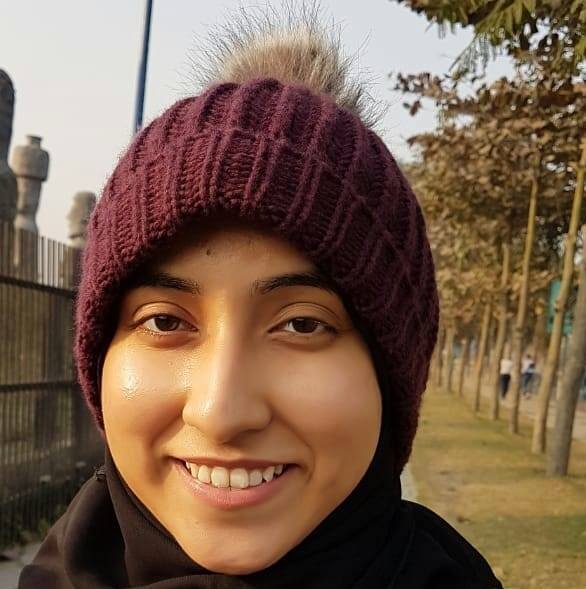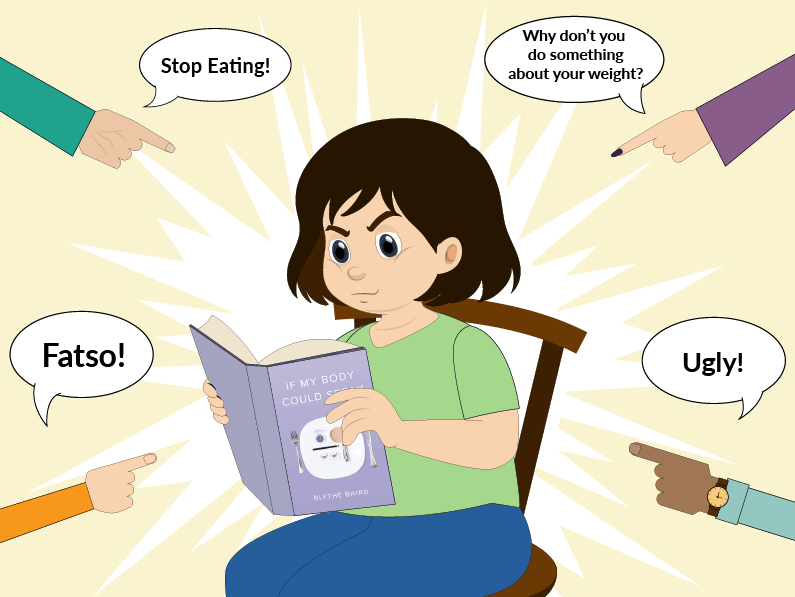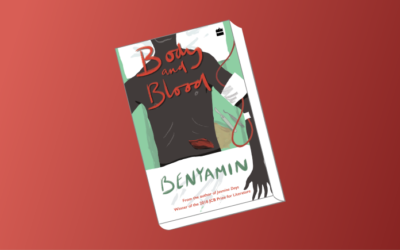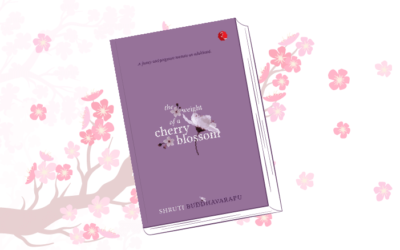Essay
How “If My Body Could Speak” Helped Me Deal With Body Shaming
Lucille Clifton once observed, “Poems come out of wonder, not out of knowing.” While poetry may be a profession to some, it is a way of life to several others; it often leaves me with butterflies in my stomach.
As a huge fan of button poetry, when I came across If My Body Could Speak by Blythe Baird, the exquisite title immediately threw me into a powerful magical realist and fantasy fiction world where limbs grow eyes and ears and run about wreaking havoc. What must that be like? I calmed the overly animated child within me and took up the book. Reading If My Body Could Speak has been nothing short of life-changing.
The book opens with a quote by Anne Carson- “You remember too much,” my mother said to me recently. “Why hold onto all that?” And I said, “Where can I put it down?”- and gradually bourgeons into a pocket-sized feminist manifesto. The quote echoes the tender words that I’d heard from my own mother and near ones as I battled my troublesome teenage years.
While developing physically and psychologically in various ways, maintaining a balanced outlook towards life was challenging. Not only have I always been very skinny, but I also had acute facial acne. My teeth had black spots on them and I always felt less pretty than the girls my age. I had tried just about everything possible for my acne- from visiting several different dermatologists to seeking varied anti-acne skin care products- all in vain. My teeth needed cleaning sessions every few months and eventually, I gave up on them.
While my friends were caring and supportive, it was, at times, difficult to look past the comments of the bullies. As a result, I suffered from pangs of anxiety and low self-esteem. What made things more difficult were remarks like, “You have slime on your teeth?” or “Why don’t you do something about your face?” It took a lot to build motivation and courage to face the world on my own terms. My acne eventually did wear off in my post-teen years but that didn’t stop me from having nightmares about those dreadful days.
If My Body Could Speak puts things about outer appearance in perspective. It shatters taboos and provokes thoughts of positivity. Written mainly for an American audience where body positivity is a rarity so much so that only 1 in 7 Americans feel body positive, I found the poems mind-boggling. I was thrilled to be able to read a poetry collection on themes like eating disorders, anorexia, rape, marriage woes, marital rape, sexual assault, mother-daughter bonding and homophobia, all in the same collection.
Baird’s poems reflect her own experience with eating disorders. Baird was an obese child, often made fun of, and had become anorexic by high school. It was only around her 17th birthday that she began writing poetry as a way to understand her eating disorder. As she says, “I write to heal…. It’s empowering to let my experiences live outside of myself. Poetry is the way I know how to interpret my life.”
The appeal of these poems lies a lot in the way that Baird challenges the social codes that gratify female objectification. They are mesmerising not because they are well-written but because they are candid and revolutionary, in a world where women are constantly posed either as damsels in distress waiting to be rescued or superwomen who do not need a partner in their lives. The simple and conversational tone of the lines feels like a legitimate counselling session.
The collection begins with When The Fat Girl Gets Skinny which runs along the lines: “because I only feel pretty/ when I’m hungry.” The poem is about a girl who, having faced constant fat-shaming and bullying as a child, comes to realise that the only time people were proud of her was when she lost so much weight that her father began to carry her before and after photograph in his wallet. It may sound hilarious, but it is rather humiliating to be in such a position. Nobody ever questions or bothers to think that she may actually be suffering from an eating disorder; instead, she is considered an inspiration. It was heart-wrenching to read the line: “how could I not fall /in love with my illness?”, hinting at the potential suicidal tendencies of those who have been body-shamed. The poem reflects Baird’s own experience being fat-shamed when she was overweight and how everything changed once she lost weight. She says, “When I got thin, suddenly people saw me as attractive and worth talking to. It was hard not to see my weight loss as the best thing that ever happened to me.”
What Came Before The Starving is about a woman who, as a child, played survival games to distract from parental neglect, and later, took pride in starving herself. She wonders, “Has anorexia always been/ mutely boiling inside of me?” Anorexia is a recognised psychological illness where people restrict their intake of food out of fear of becoming fat. Anorexics tend to have a very distorted body image. While there are many reasons for this, the thinness culture in media definitely reinforces the stereotype and, effectively body shames people into starving themselves. Baird beautifully sums it up in the lines: “Was there a reason I mistook the sirens/ of my stomach for audience applause?”
I Didn’t Always Salivate Over Skeletons is about getting skinny after having been too fat. It is also about a mother’s concern that can lead to anxiety and self -pity in a young woman as seen in the lines,” We understood the many ways/ a mother’s shame/ can haunt a daughter’s body.” A parent’s outlook towards their children affects them psychologically and the image the children hold up in their mind of themselves has a lot to do with the image portrayed to them by their parents. The poem reflects Baird’s own experience growing up “in an environment where weight and food were constant conversations in her life.” In fact, her parents’ attempts to help her lose weight fueled her eating disorder.
(Blythe Baird performing at Spoken 2019 via Blythe Baird)
Body shaming is a reality in India as well. We see people around us shamed on the basis of their skin colour, weight, height or other characteristics, and it isn’t only women but men also who are body shamed. Such body shaming can lead to an inferiority complex, less confidence, eating disorders etc. It is important to be aware of the consequences of body shaming so we can make sure we don’t do it to people around us.
Talking about such issues is critical to understand their larger implications and books like If My Body Could Speak can help to take this conversation forward.
At the end of the day, I learnt that it is important to embrace yourself and prove the shamers wrong by concentrating on how much you brighten up the place wherever you go. As Baird says,
“Remember:
You did the best you could
In the situation you were in
With the materials you had.”

In an age of emphatic loquacity, Tasnima Yasmin is a staunch advocate of verbal minimalism with quietude as a reliable companion that is equally reciprocated by her books. She specialises in Modern/Post Modern English Literature and Linguistics. She has a Masters in English Language and Literature from the University of Calcutta. You can connect with her on Facebook.
Read her articles here.







